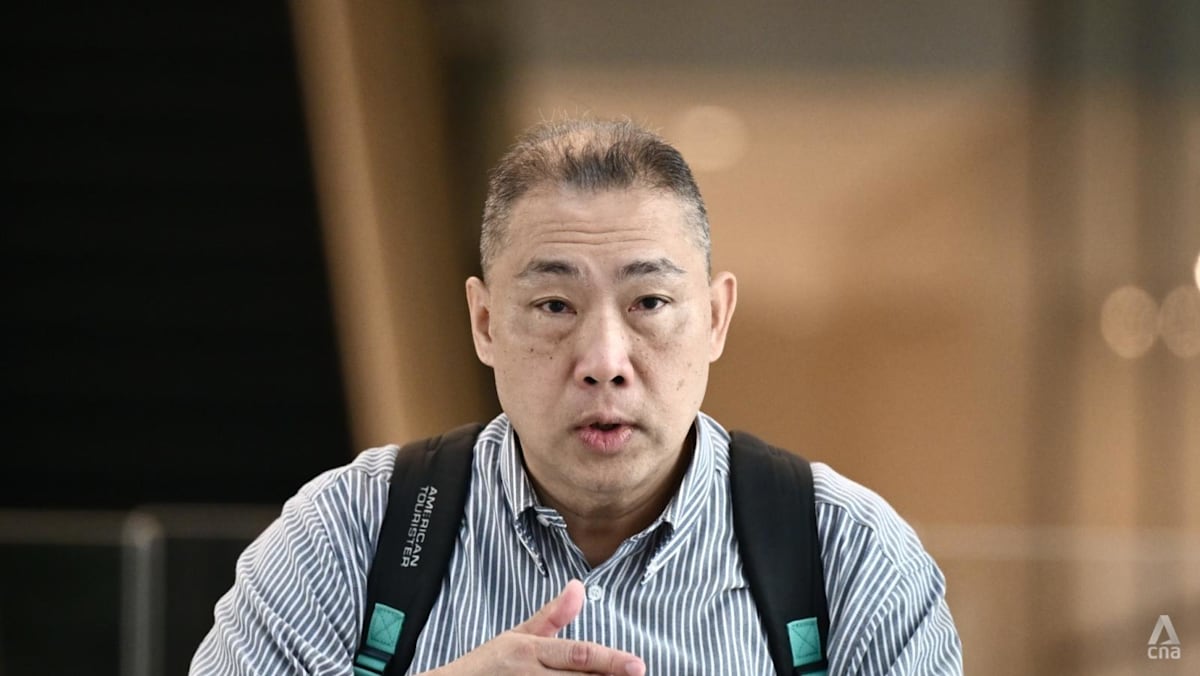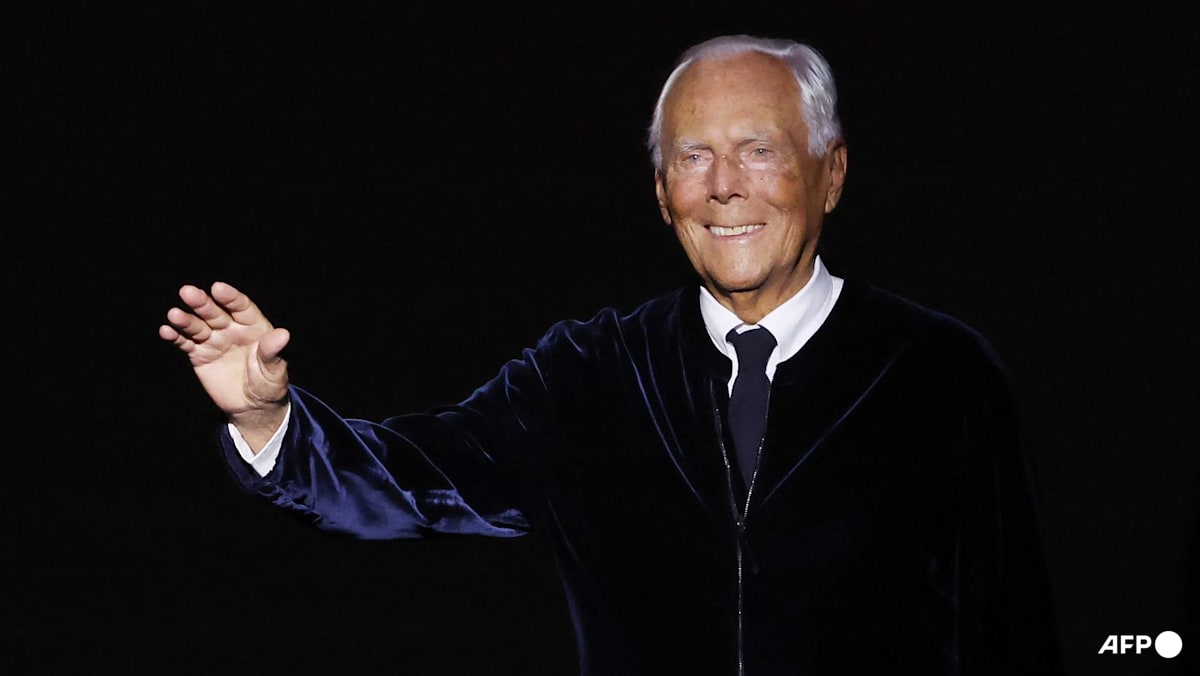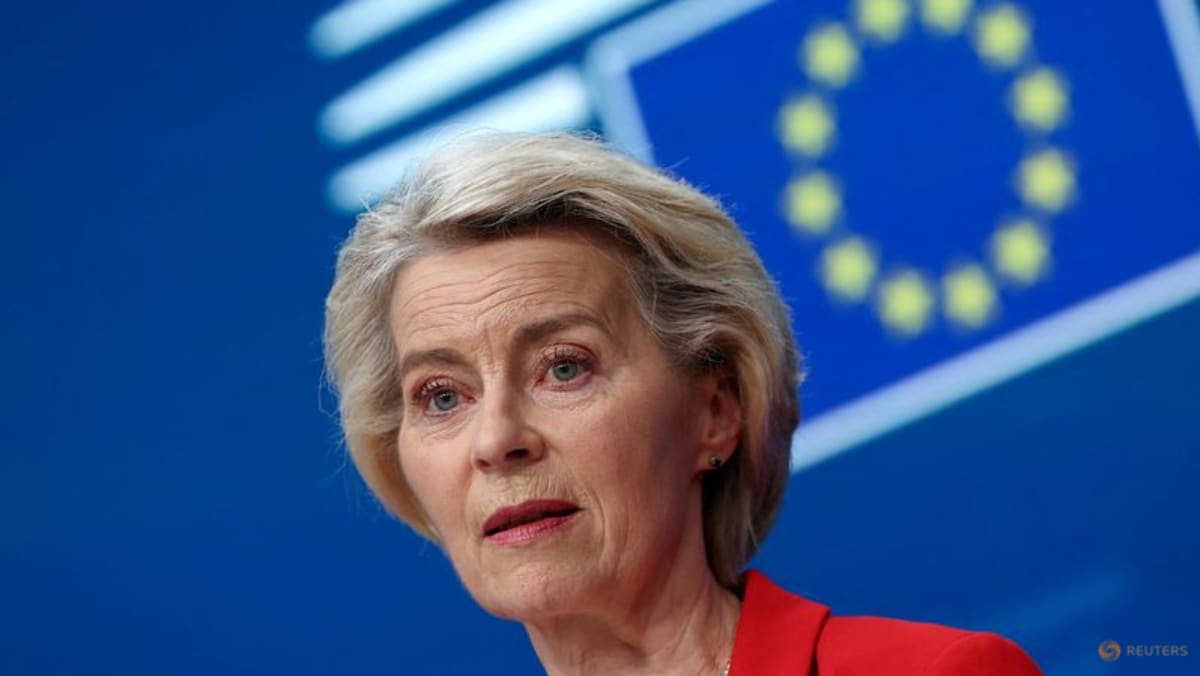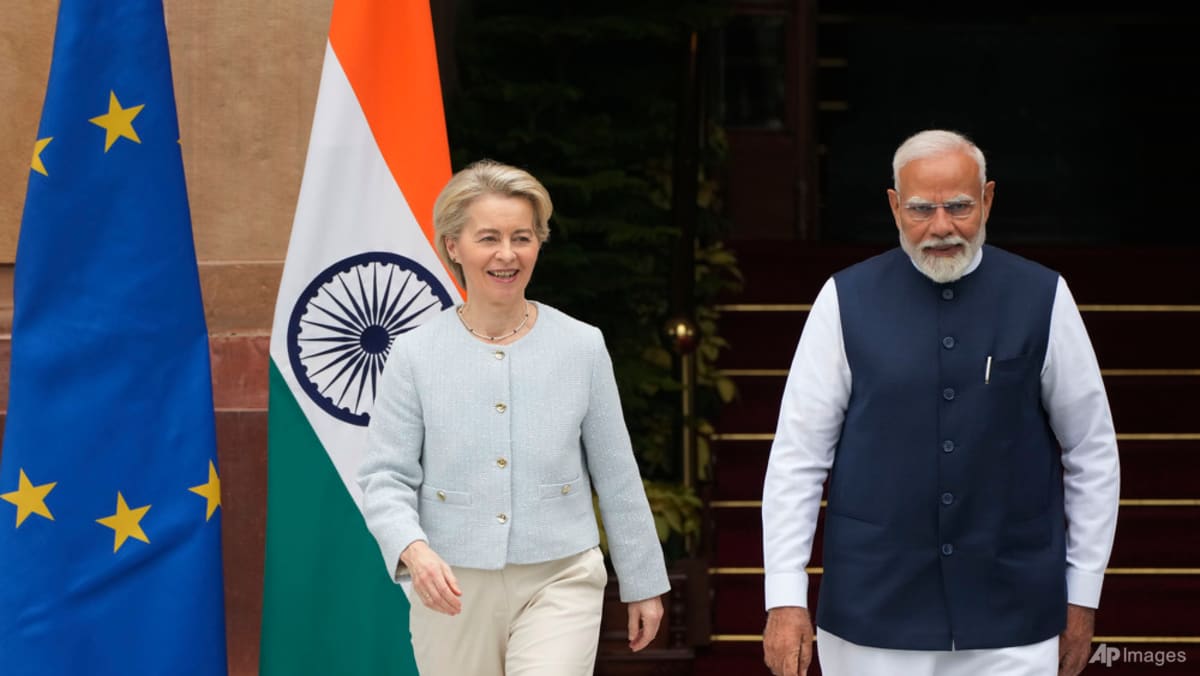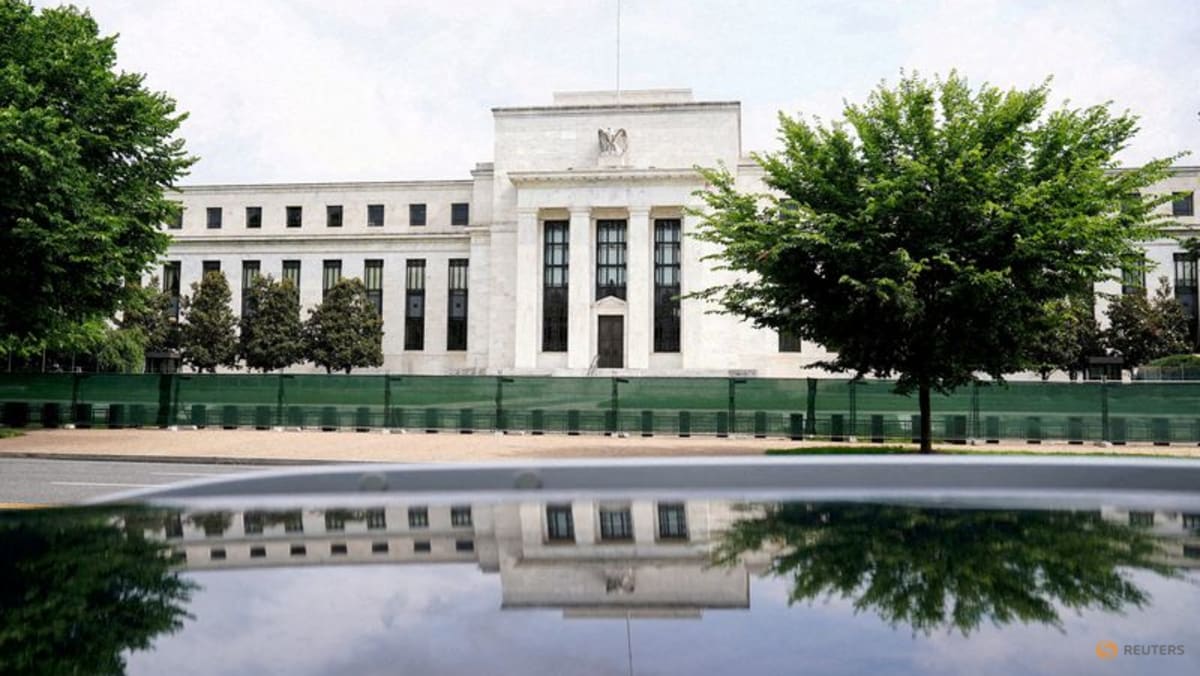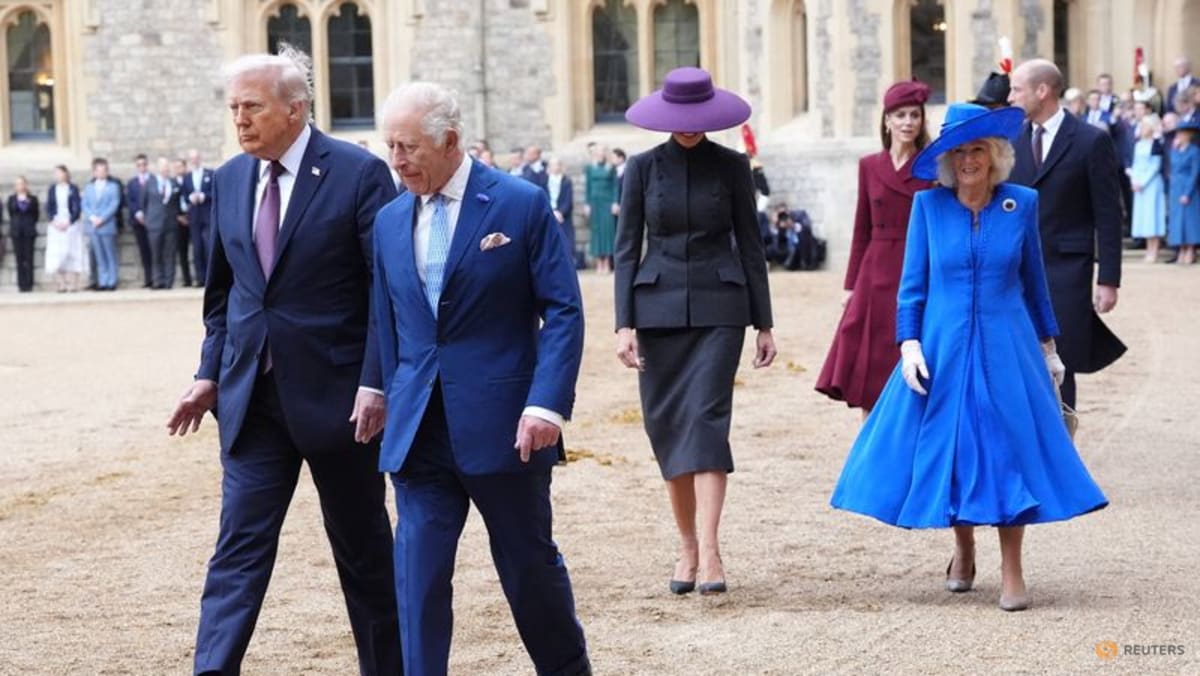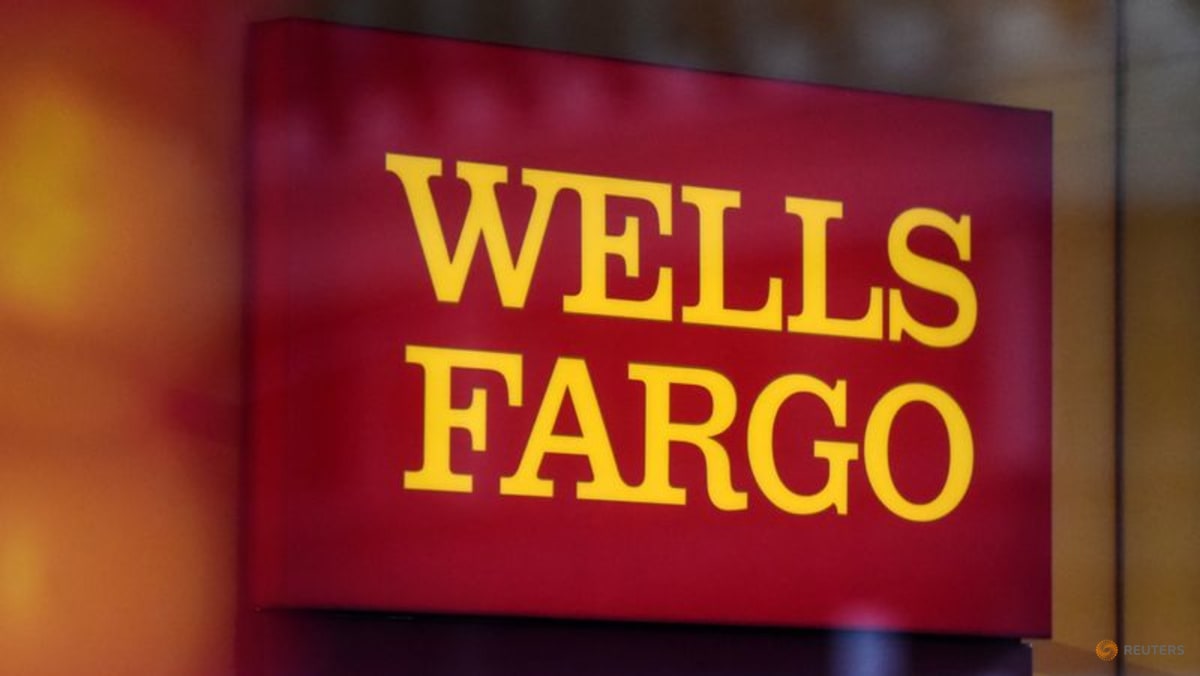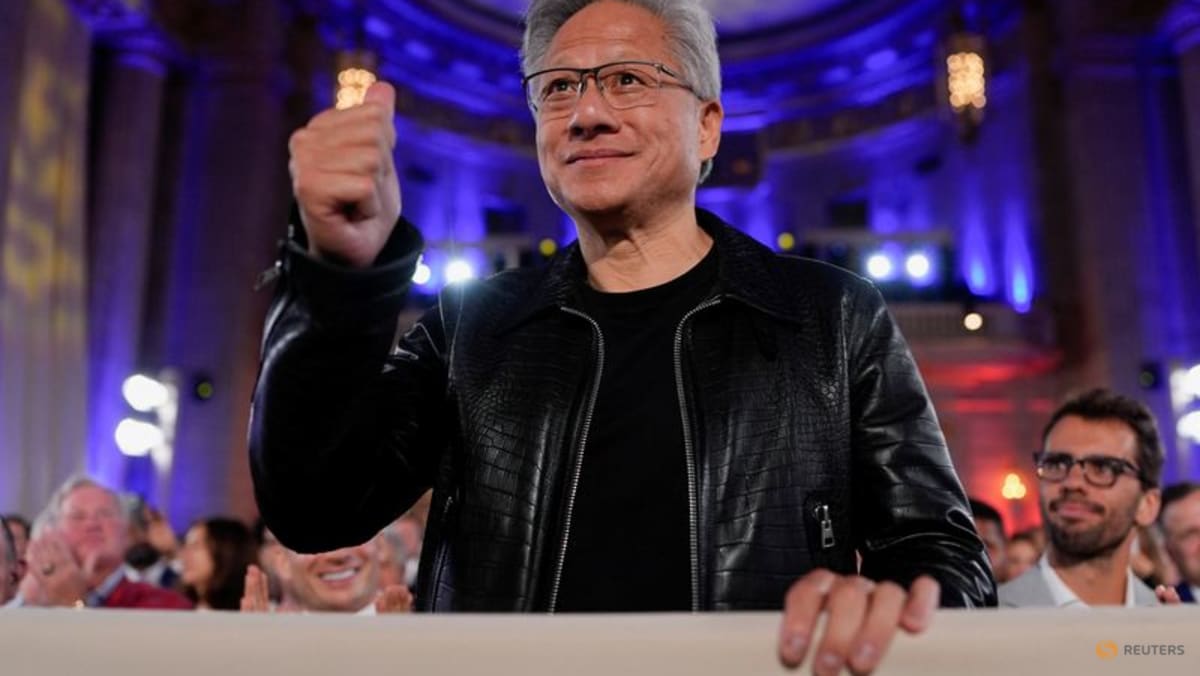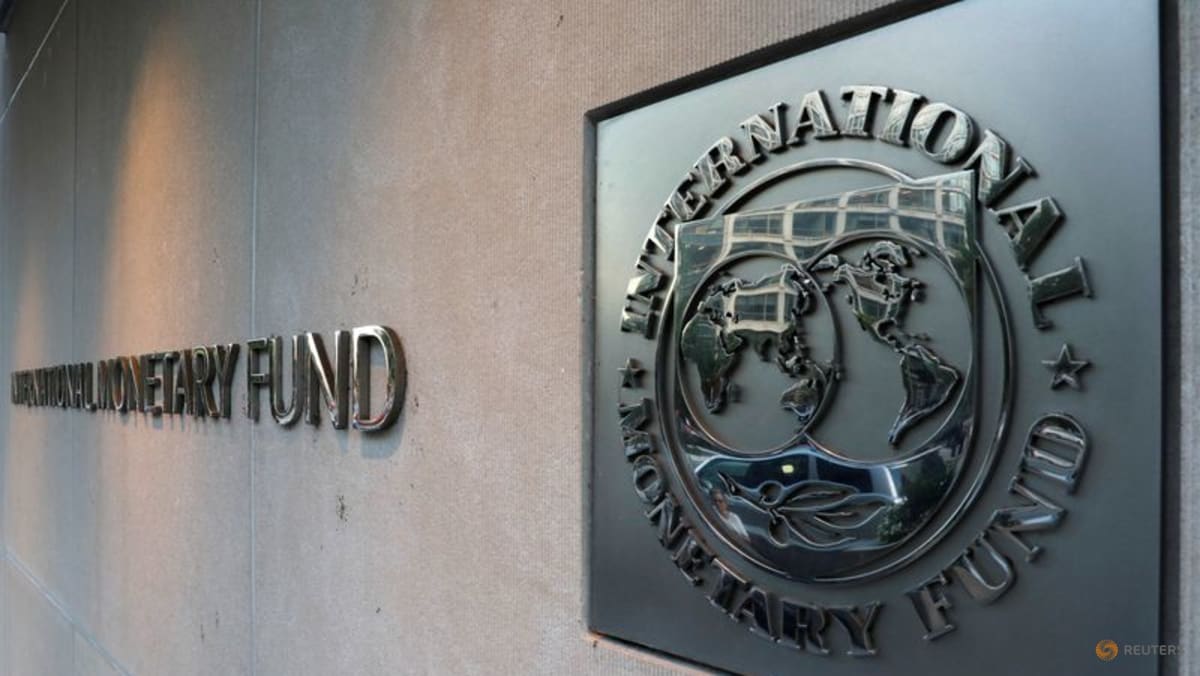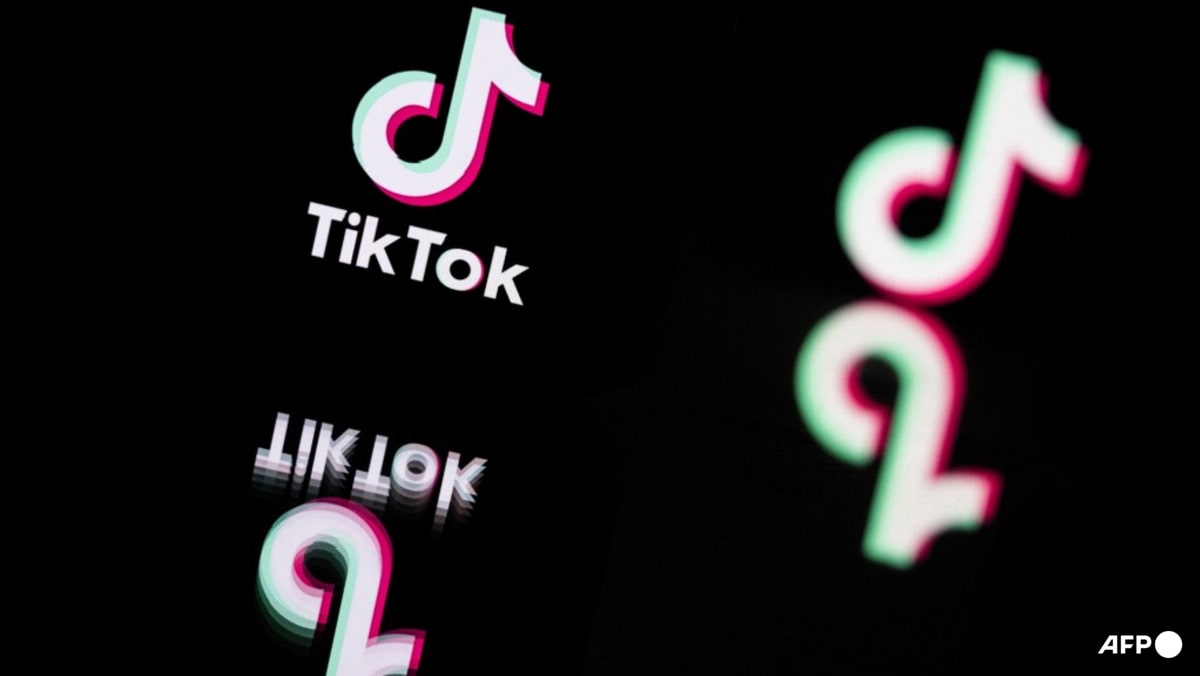BRUSSELS: European Union leaders discussed new proposals from the United States on a trade deal at a summit in Brussels on Thursday (Jun 26), with Commission President Ursula von der Leyen not ruling out tariff talks could fail and saying “all options remain on the table”.
Time is running out for the bloc to find a common position before a respite on higher tariffs threatened by US President Donald Trump expires on Jul 9, which could hammer exporters from cars to pharmaceuticals.
European leaders were meeting to decide whether they want to push for a quick trade agreement or keep fighting for a better deal, with the EU’s two biggest economies apparently at odds.
German Chancellor Friedrich Merz urged the EU to do a “quick and simple” trade deal rather than a “slow and complicated” one.
But in a separate briefing, French President Emmanuel Macron, while also wanting a quick and pragmatic trade deal, said his country would not accept terms that were not balanced.
All tools must be used to ensure a fair deal and if the US baseline rate of 10 per cent remained in place, then Europe’s response would have to have an equivalent impact, he said.
“Our goodwill should not be seen as a weakness,” Macron added.
French officials have argued that the Commission should take a firmer stance including by targeting US services.
Similarly, Merz said European leaders were “basically united” on concluding the Mercosur trade deal with the South American trade bloc, but Macron said he could not support the deal in its current form.
Von der Leyen said the EU had received the latest US document on Thursday for further negotiations and the bloc was still assessing it.
“We are ready for a deal. At the same time, we are preparing for the possibility that no satisfactory agreement is reached,” she told reporters. “In short, all options remain on the table.”
No specifics were immediately available on the document, which one EU diplomat described as a “two-pager, principle agreement”, adding the United States did not want to get into specific industrial sectors.
The bloc is already subject to US import tariffs of 50 per cent on its steel and aluminium, 25 per cent for cars and car parts along with the 10 per cent tariff on most other EU goods that Trump has threatened could rise to 50 per cent without an agreement.
The European Union has agreed, but not imposed, tariffs on €21 billion (US$24.55 billion) of US goods and is debating a further package of tariffs on up to €95 billion of US imports.
Among the EU rebalancing options is a tax on digital advertising, which would hit US giants like Alphabet Inc’s Google, Meta, Apple, X and Microsoft and eat into the trade surplus in services the US has with the EU.
The EU leaders also discussed ideas to carve out a new form of trade cooperation with Asia-Pacific countries that would be a way of reforming what they see as an ineffective World Trade Organisation.
Merz said the idea was in its early stages but could include mechanisms to resolve disputes, as the WTO was meant to do.
“You all know that the WTO doesn’t work any more,” he said.
OTHER ISSUES
The EU summit pivots from a NATO meeting this week that agreed to drastically raise defence spending in the military alliance but left some European countries finding it difficult to pay, and Spain explicitly demanding an opt-out.
Aside from tariffs, the EU bloc also has to tackle a raft of other issues, including its support for Ukraine and the prospect of EU membership for a country still at war against nuclear-armed Russia. Hungary is firmly opposed.
Ukrainian President Volodymyr Zelenskyy had urged the EU to pass a new sanctions package on Russia targeting its oil trade and banks, as well as to give a clear signal on his country’s EU accession.
“What’s needed now is a clear political message – that Ukraine is firmly on the European path, and that Europe stands by its promises,” he told EU leaders. “Any delay by Europe at this point could create a global precedent – a reason to doubt Europe’s words and commitments.”
On the sidelines of the summit, EU leaders also sought to allay the concerns of Slovakia and Hungary over ending their access to Russian gas as foreseen by the EU’s plan to phase out all Russian gas imports by the end of 2027.
Before the start of the summit however, Slovakia’s Prime Minister Robert Fico said he would block a vote on the EU’s 18th package of sanctions against Russia until Slovak concerns on gas were addressed.
